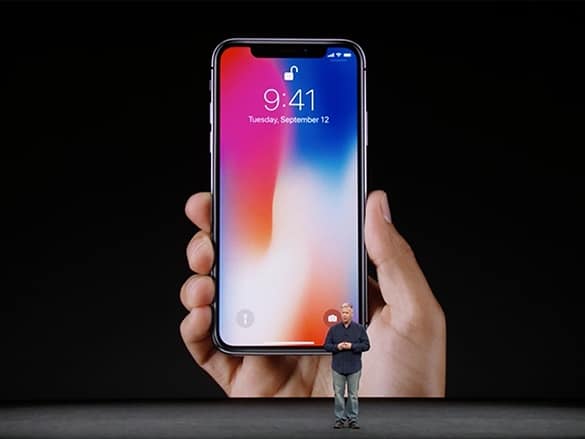Does Apple’s local differential privacy step over the line?

 All in the name of improving the user experience, the company claims, Apple will be extracting information from people’s iPhones without, they say, breaching users’ privacy.
All in the name of improving the user experience, the company claims, Apple will be extracting information from people’s iPhones without, they say, breaching users’ privacy.
Called local differential privacy, the process involves collecting data from individual phones and then stripping it of IP addresses and device identifiers before making it available for analysis. Apple insists that the practice is squeaky clean on the privacy front, since the results can’t be traced back to any particular user, while at the same time providing a truckload of valuable data for the company.
It’s not just iPhone users who are now subject to this data-grab, either, as Apple has added differential privacy tech to the new Mac OS’s Safari web browser. The company says that the information is being put to use to benefit the user experience, by helping in its keyboard text prediction, for example.
“Both the ingestion and aggregation stages are performed in a restricted access environment so even the privatized data isn’t broadly accessible to Apple employees,” reads the statement.
The released document comes with a data collection example in the form of a breakdown of the most-used emojis on iPhones by English-speaking people in the United States. In itself, the list is unsurprising, with good ol’ tears of joy showing a hefty lead, followed by the heart, the waterfall crying face and a few others, including the skull emoji, an outlier, says Emojipedia founder Jeremy Burge.
“Overall Apple’s emoji rank looks pretty believable, but the skull stands out as being 7th in Apple’s list, but rarely even top 20 when using public data,” Burge said to Business Insider. “Are people using the skull differently in private conversations compared to public data sources like Twitter? That’s what the data might suggest.”
At the moment, Emojitracker’s real time tabulation of Twitter emojis has tears of joy at 1.8 trillion uses, with the heart next at 876 billion. The skull in 64th place overall at 75 billion, still well ahead of the poop emoji, which is languishing behind at 29 billion uses.
But while content on Twitter is in the public domain, your texts to grandma certainly are not, making the very idea that a phone maker is freely accessing private conversations —even if they then take the extra step of stripping the data of identifiers— more than a little suspect.
Suspect and annoying. What would you do if the grocer down the street says as you’re reaching for a bag of oranges, “Hey, those particular oranges, we’ve added a chip inside the peel so that we can monitor some stuff, like what time of day you eat your oranges, how long it takes for you to go through a bag, whether you keep them in the fridge or on the counter, that sort of thing.”
“But don’t worry, we’ll be scrambling the data before we analyze it, so we won’t actually be looking at your orange-eating habits,” says Mr. Grocer. “It’s all to make your orange experience that much better!”
I don’t know about you but I’m dropping that bag and looking around for some non-traceable mangoes.
But until that happens, for those of us not interested in sharing with the corporation, Apple has graciously allowed you to opt out, through Settings > Privacy > Analytics > Analytics Data.

